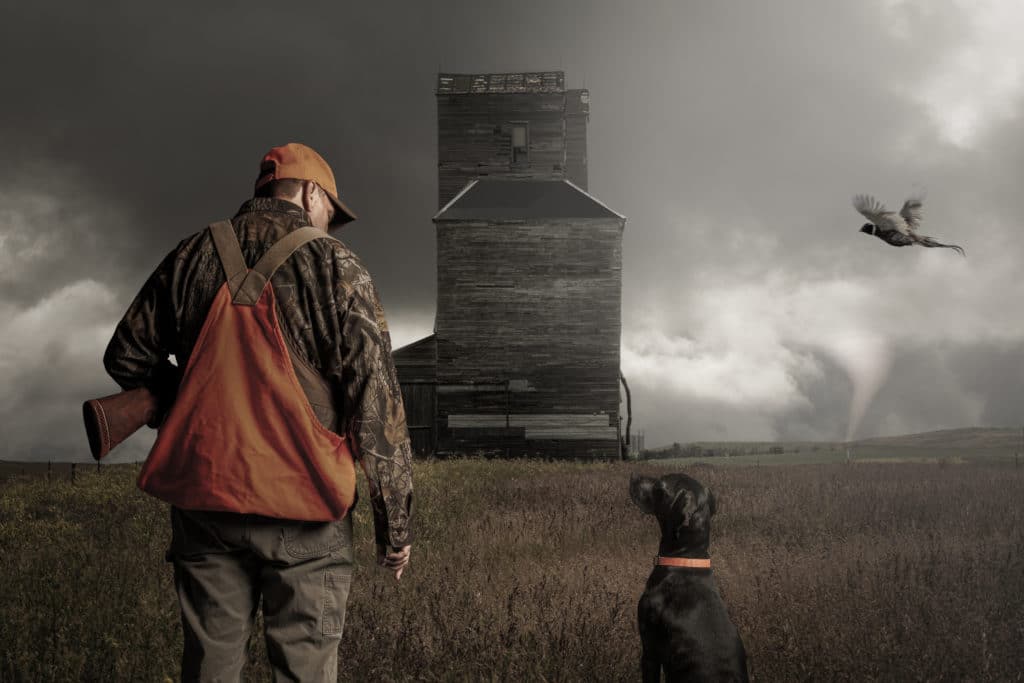The media often demonizes hunting.
You see it all the time. Media outlets focus on highlighting egocentric hunters who poise defiantly over their slain game, creating the portrayal of hunting as merciless and barbaric. Rarely do you see the other side of hunting, not just as a sport, but as a socially relevant way of life. Hunting actually yields many benefits within American society, both in wildlife management and conservation, through financial contributions and in promoting organic lifestyles.
Wildlife Management and Conservation
In many U.S. cities like Austin, Texas, urban sprawl has caused ecological unbalance in species such as whitetail deer. When humans spread out into lesser populated areas, they chased off many of the species’ natural predators causing huge influxes in deer population, which in effect, causes overgrazing. This overgrazing leads to the demise of other creatures within the same ecosystem by diminishing their food sources. So, as a means of wildlife management, hunting contributes to equalizing wildlife populations, ensuring that species numbers fall under what the land can support, it curtails crop damage and and it lessens the chances of disease outbreaks.
If you want to help in conservation, you cannot just grab a rifle and head out into the wilderness. Hunting is carefully monitored in each state to ensure your safety and the safety of others. If you want to become a hunter, you need to take the mandated hunter education course. You will also require a hunting license valid in your state of residence.
Economic Benefits of Hunting
It is through state licenses and fees that hunters end up contributing more than $795 million annually toward conservation programs, according to Sportsmenslink.org. In 1937, hunters not only accepted but requested an 11 percent tax on bows, arrows, guns and ammo to help support conservation efforts. So far, that tax has produced over $7.2 billion for wildlife conservation.
According to the California Department of Fish and Wildlife, hunting creates an excess of 700,000 jobs throughout the country. Annual spending by America’s 14 million hunters equals an approximated $22.1 billion. The ripple effect of hunting-related activities is estimated to have a $61 billion nationwide economic impact.
Promoting Organic Foods
In the U.S., there is a growing concern regarding chemicals and pesticides included in the mass production of food. Naturally, meat acquired through hunting is not processed and does not undergo the chemical treatments that many foods available in grocery stores do. Game is hunted domestically and is as “free-range” as you can get. Wild game is a lean protein product similar to what you would find in an organic food store. There are no artificial hormones, antibiotics, herbicides, pesticides, or questionable feeds used, as the game is raised in the wild. Wild game is also slaughtered more humanely than many farm-raised animals used for food.
Additionally, the impact of hunting on the environment is very minimal. Wild animals do not cause water pollution, soil erosion and nor do they cause displacement of native plants. Farm animals also require land tilling; wildlife does not, so carbon is not released into the atmosphere.
Even though hunting gets a poor reputation through many media outlets, the ecological, economical, conservation and organic benefits of the hunting culture make it an American tradition that needs to be maintained.
